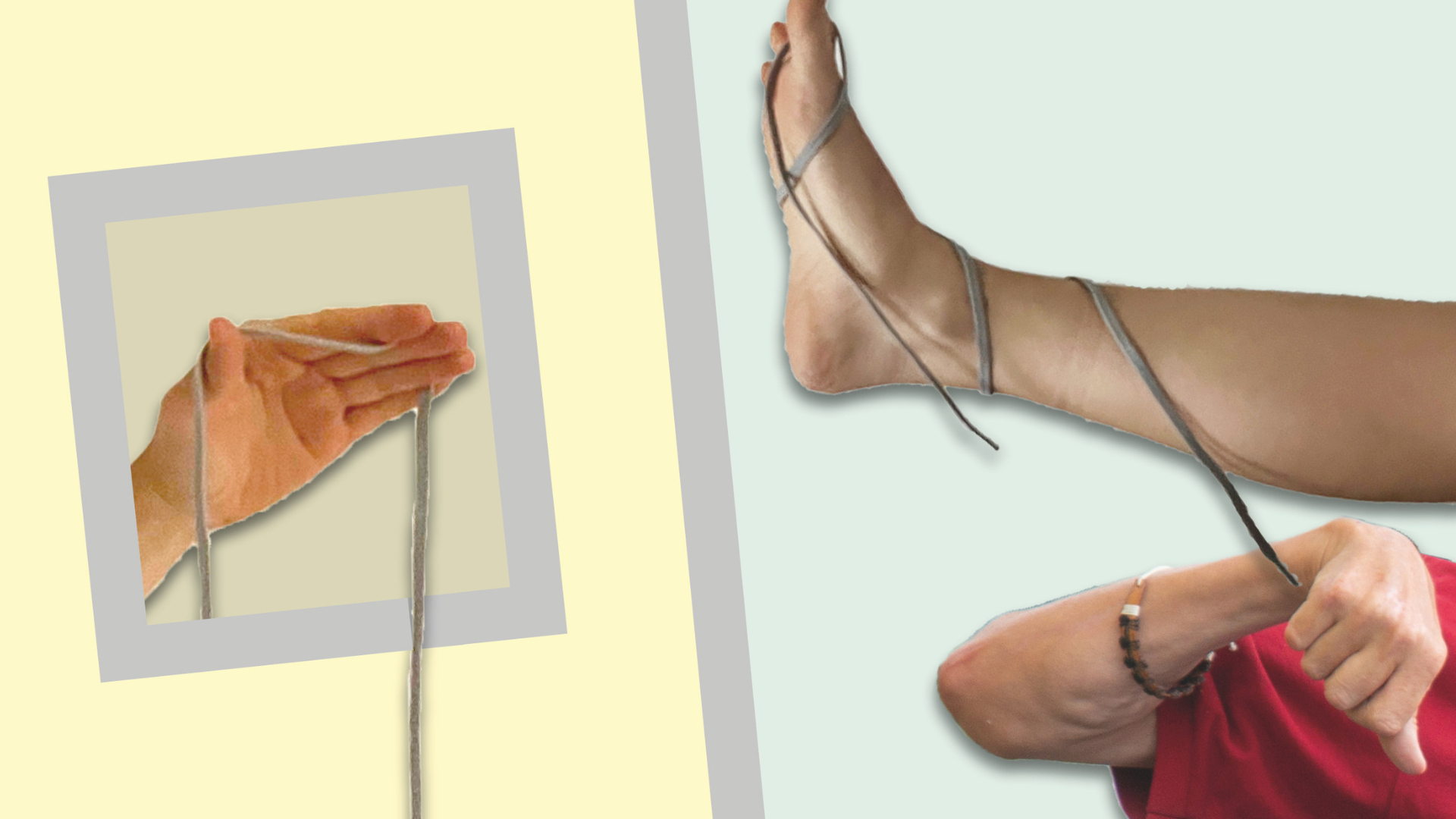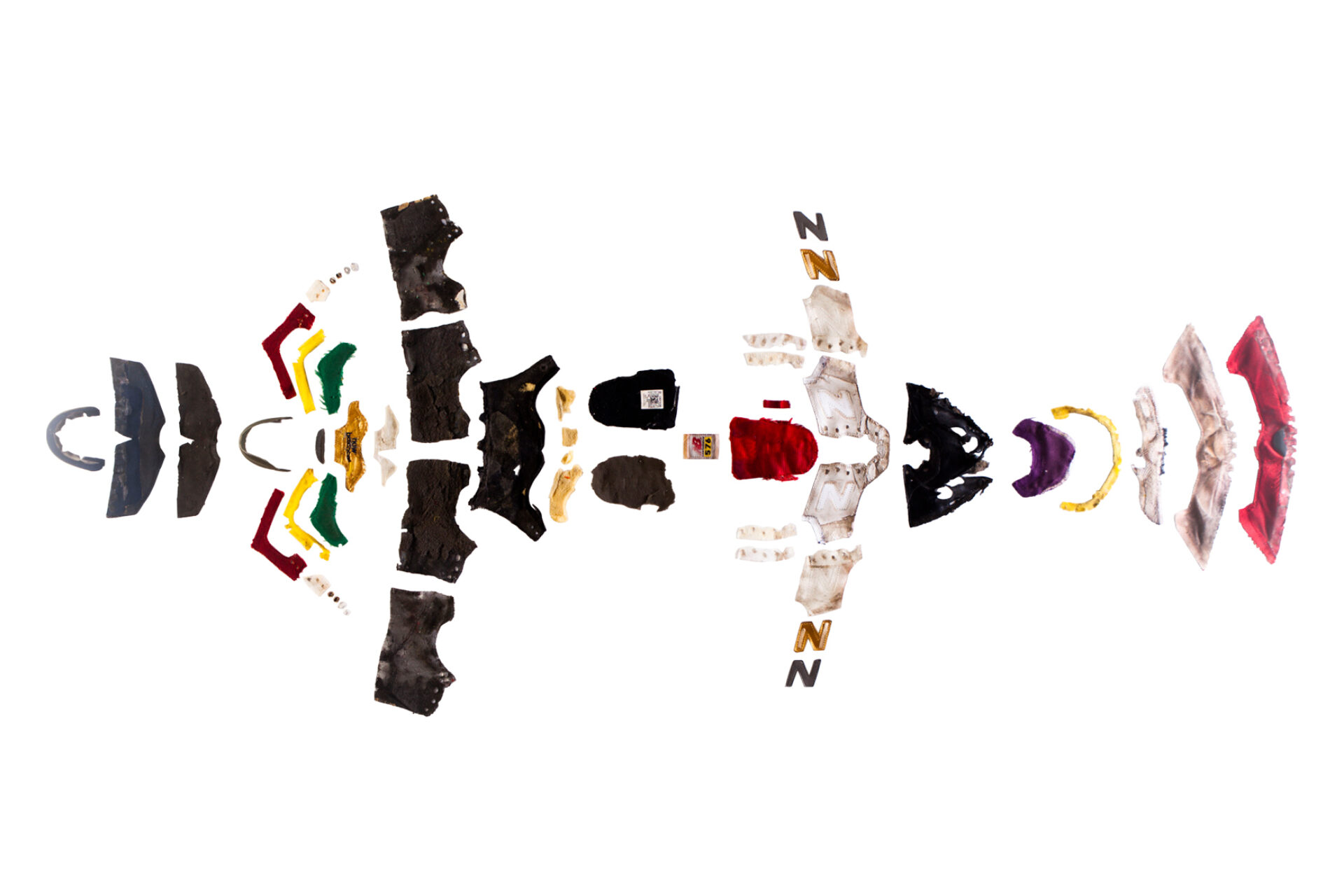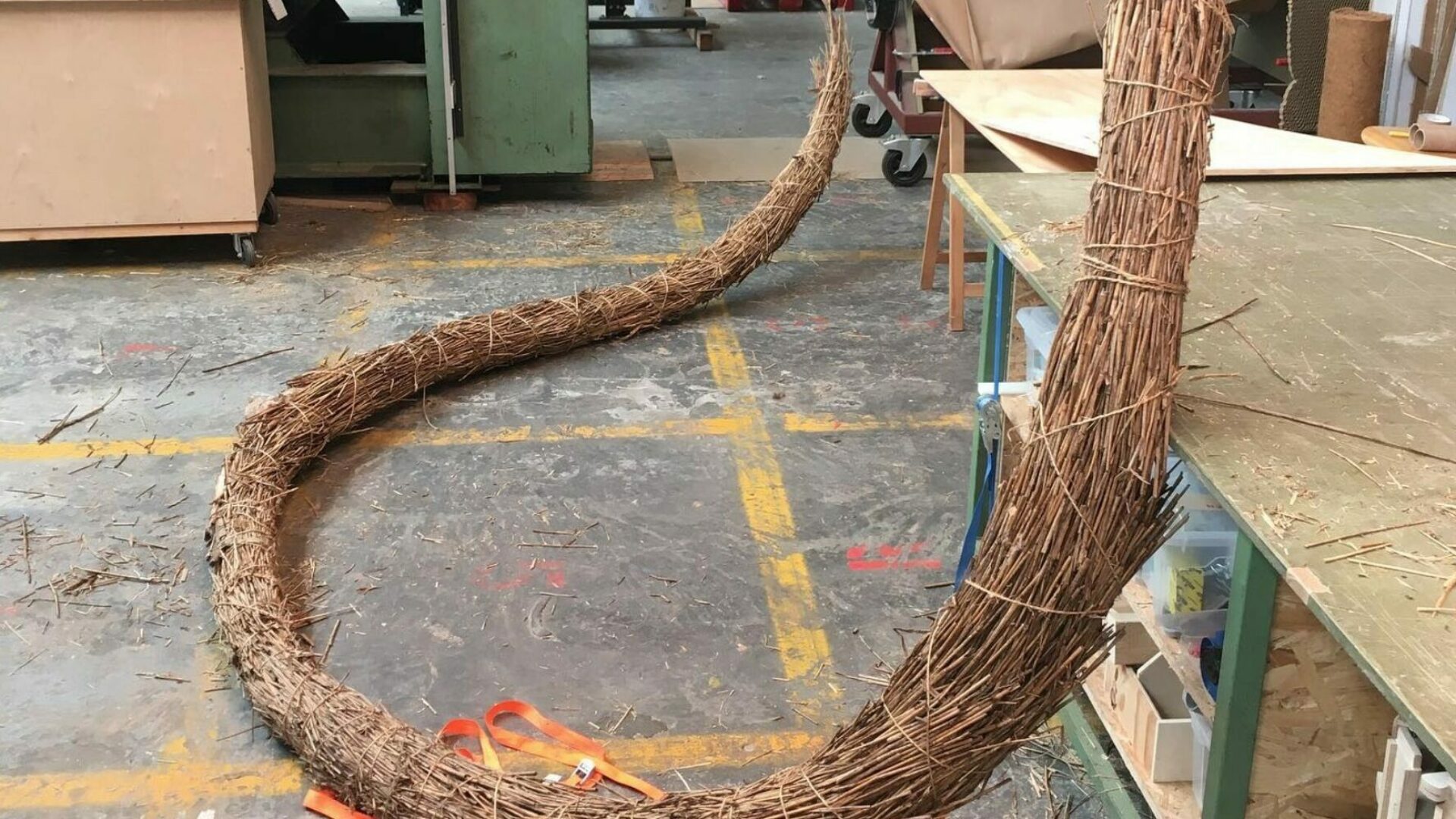
selection
Dramaturgies of Witnessing – Julien Thomas and Ekaterina Volkova
With the Dramaturgies of Witnessing project, designers Julien Thomas and Ekaterina Volkova explore how dramaturgy can contribute to more ambitious international climate agreements through innovative negotiation strategies. In phase one, they investigated elements of stagecraft in negotiations by means of a study of the literature and interviews with experts including Dr Carolin Fraude and Maaike Bleeker. They also observed the importance of informal interactions during the SB60 climate conference in Bonn, Germany. This resulted in insights into ‘antechambering’ – utilising informal spaces where alternative dialogues are possible. In the second phase, Thomas and Volkova are developing a handbook for co-facilitators, focusing on new skills and negotiation scripts. In addition, they are designing an installation, antechamber, to support informal meetings in formal spaces. In collaboration with the Dutch climate delegation and theatre specialists, they explore these alternative negotiation scripts through workshops and performative experiments such as the errant comma, through which grammatical nuances can influence negotiation outcomes. With the project, Thomas and Volkova aim to achieve a lasting impact within international climate negotiations.








